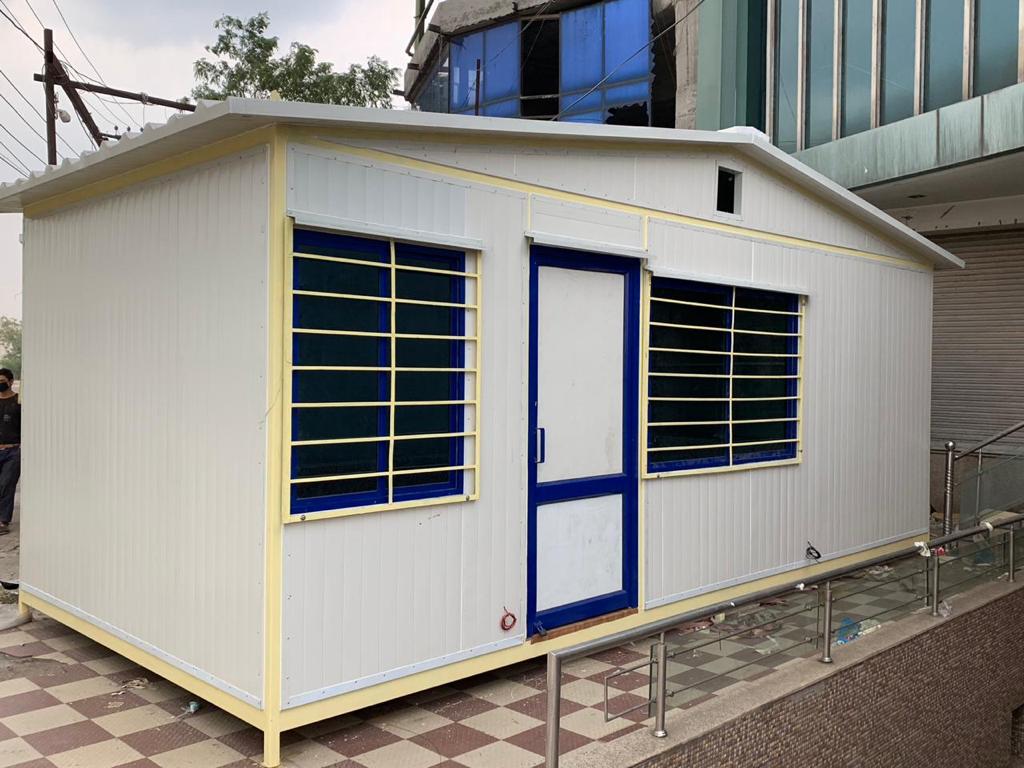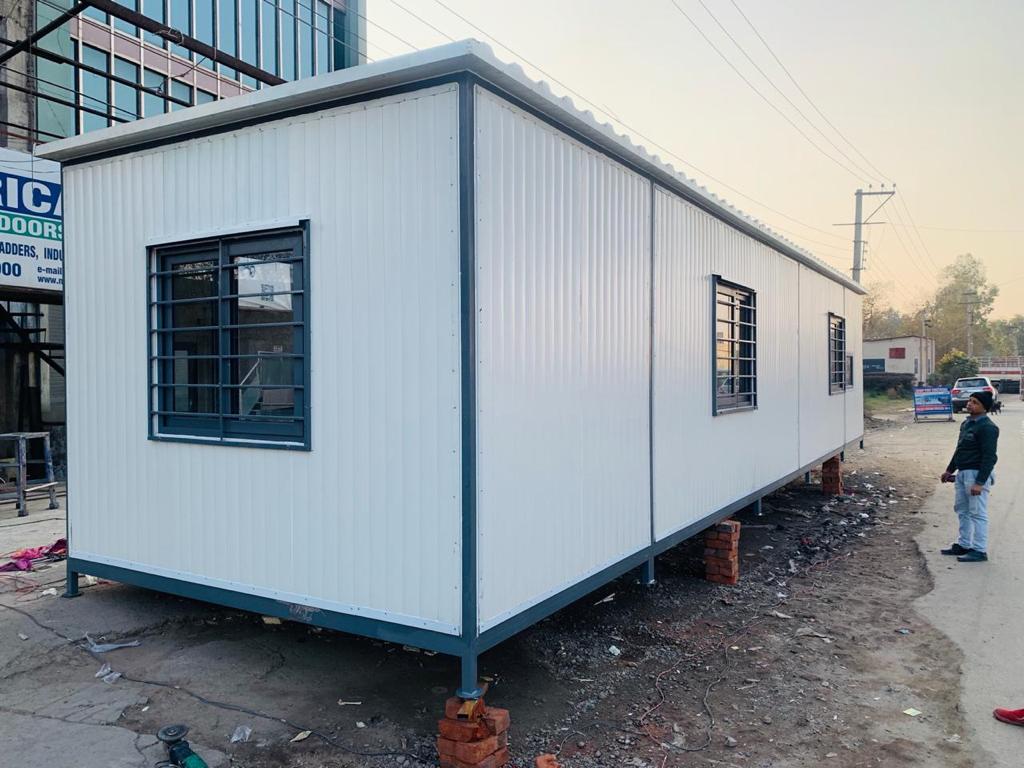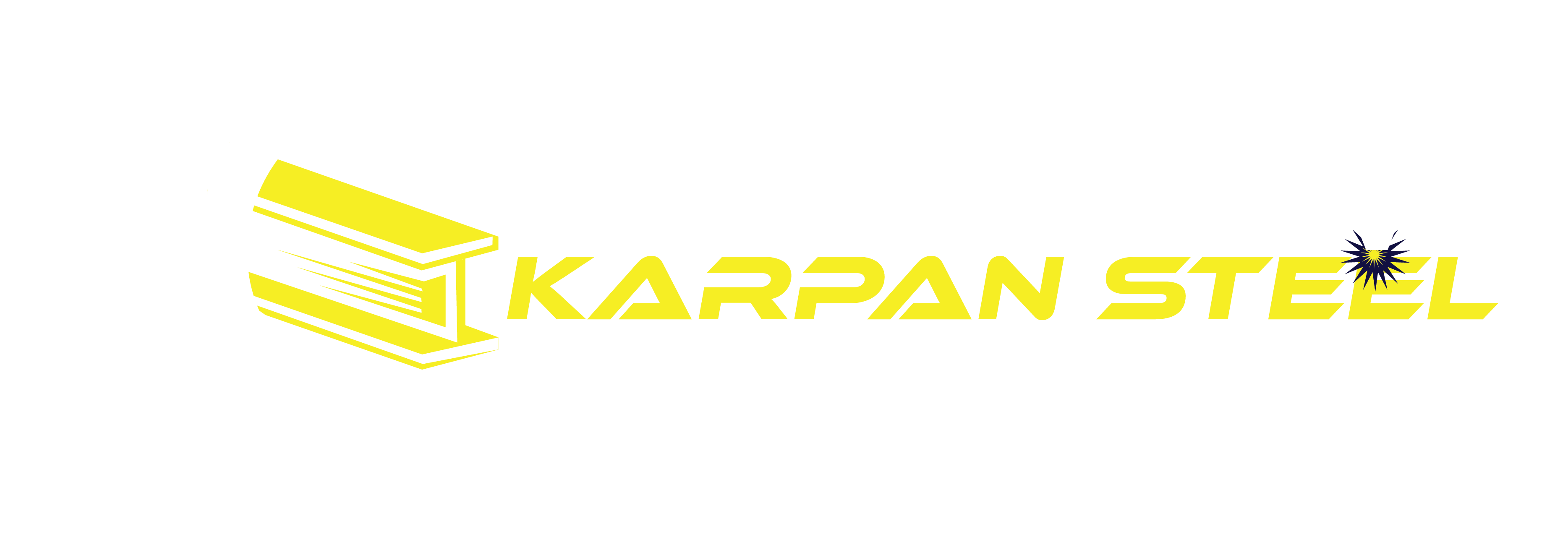Let’s Start Work Together
Please feel free to contact us. We will get back to you with 1-2 business days. Or just call us now.


What is a prefabricated warehouse?
- A prefabricated warehouse is a type of warehouse building that is manufactured in a factory or manufacturing facility and then transported to the construction site for assembly. Prefabricated warehouses are constructed using prefabricated components, such as steel frames, wall panels, roof trusses, and other building elements.
What are the advantages of a prefabricated warehouse?
- Prefabricated warehouses offer several advantages, including:
- Faster construction: Prefabricated warehouses can be built much faster than traditional warehouses since the components are manufactured off-site and assembled quickly on-site.
- Cost-effective: Prefabricated warehouses are often more cost-effective than traditional construction methods since they require less labor and construction time.
- Design flexibility: Prefabricated warehouses can be customized to meet specific design requirements and can be easily expanded or modified in the future.
- Quality control: Since prefabricated components are manufactured in a controlled factory environment, they are subject to rigorous quality control measures, resulting in higher quality and consistency.
- Prefabricated warehouses offer several advantages, including:
What types of materials are used in prefabricated warehouses?
- Prefabricated warehouses can be constructed using various materials, including steel, concrete, wood, and composite materials. Steel is a popular choice for prefabricated warehouse construction due to its strength, durability, and versatility.
How are prefabricated warehouses constructed?
- The construction of a prefabricated warehouse typically involves several steps, including site preparation, manufacturing of prefabricated components, transportation to the construction site, assembly of components, and finishing touches. The assembly process may vary depending on the type of prefabricated components used and the design of the warehouse.
What are some common applications of prefabricated warehouses?
- Prefabricated warehouses are used in various industries and applications, including storage and distribution facilities, manufacturing plants, logistics centers, retail warehouses, agricultural storage, and temporary or permanent storage solutions.
Are prefabricated warehouses customizable?
- Yes, prefabricated warehouses can be customized to meet specific design requirements, including size, layout, and features such as doors, windows, insulation, ventilation, and lighting. Many prefabricated warehouse manufacturers offer customizable options to suit different needs and preferences.
How long does it take to construct a prefabricated warehouse?
- The construction time for a prefabricated warehouse can vary depending on factors such as the size and complexity of the warehouse, the availability of materials, and the efficiency of the construction process. However, prefabricated warehouses can typically be built much faster than traditional warehouses, with construction times ranging from a few weeks to a few months.
What is Included
A prefabricated warehouse is a type of warehouse building that is constructed using prefabricated components manufactured off-site and then assembled on-site. These components may include steel frames, wall panels, roof trusses, and other structural elements.
Prefabricated warehouses offer several advantages, including:
- Faster construction times: Since the components are manufactured off-site, construction can be completed more quickly compared to traditional building methods.
- Cost-effectiveness: Prefabricated warehouses often require less labor and material, resulting in cost savings.
- Customization options: Prefabricated warehouses can be customized to meet specific size, layout, and design requirements.
- Durability: Prefabricated components are engineered for strength and durability, ensuring the longevity of the warehouse structure.
Prefabricated warehouses can be constructed using various materials, including steel, concrete, wood, and composite materials. Steel is a popular choice due to its strength, durability, and versatility.
Yes, prefabricated warehouses are engineered to meet or exceed building codes and standards for structural integrity and durability. The materials used in prefabricated warehouses are designed to withstand environmental factors such as wind, rain, snow, and seismic activity. Regular maintenance and inspections can help ensure the continued safety and reliability of the warehouse structure.
Yes, prefabricated warehouses can be customized to meet the specific needs and preferences of the customer. This includes customizing the size, layout, and design of the warehouse, as well as incorporating features such as doors, windows, insulation, and ventilation systems.
